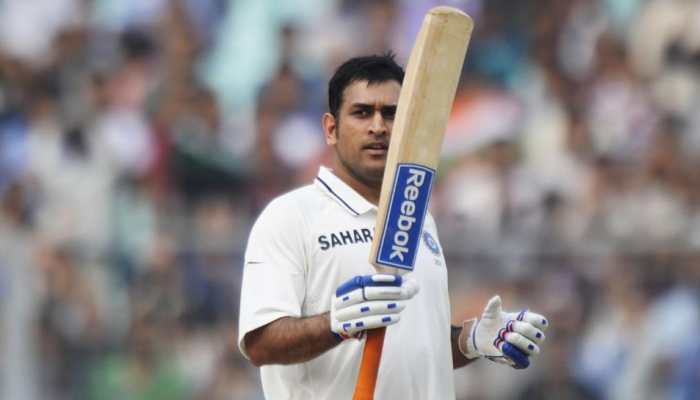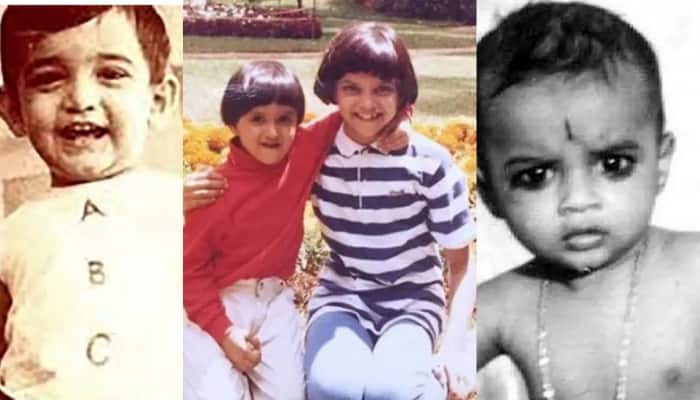Delhi gang-rape verdict: Rapists to be hanged, will women now get a crime-free society?
The ‘rarest-of-rare’ crime sparked a national debate on safety of women.
Trending Photos
)
In one of the ‘rarest-of-rare’ cases of rape which sparked a national debate on safety of women and peoples’ mindset towards them, a Delhi fast-track court on September 13 (Friday) pronounced that the four convicts in the Delhi gang-rape case be hanged till death.
Amid massive public sentiment in favour of death penalty for the four convicts, who along with two others brutally gang-raped and murdered in cold blood a 23-year-old physiotherapy intern in a moving bus on December 16 last year, the victim and her family finally got justice in less than nine months.
The assailants were on a bus when they trapped the woman and her male friend into boarding the vehicle. According to the police the assailants beat both of them and then raped the woman in a never-heard-before brutal manner. She breathed her last in a Singapore hospital on December 29, thirteen days after the attack – succumbing to internal injuries, after going through immense trauma and pain.
The four convicts in this barbaric crime, Mukesh (26), Vinay Sharma (20), Pawan Gupta (19) and Akshay Singh Thakur (28) - the fifth one, Ram Singh, killed himself in jail and the youngest one, who was 17 at the time of the crime, was sentenced by a juvenile court last month to three years in a reform home - tried their best to prove their innocence. They even pleaded to get reprieve as first timers, but the fast-track court declared them guilty on September 10 and subsequently awarded death sentence.
The prosecution had prepared a water-tight case against the perpetrators based on the victim’s dying declaration, the testimony of her male friend who was also the only eyewitness to the gory incident, forensic evidence and DNA samples.
Today’s verdict is a victory not only for ‘Nirbhaya’ but for every citizen of this country who took to the streets in support of the girl and demanded ‘death’ for the culprits. Every protestor echoed in one voice, ‘death penalty is the only punishment for rapists’.
‘Nirbhaya’ will never return but a swift verdict ensured a huge relief for her family in particular and the Indian women in general.
The verdict is a winning stroke for every female in India. Probably the fear of death penalty could help check the rise in cases of rape and women may find a better place to live in. The process was initiated earlier this year when tough new laws were introduced in March 2013 after President Pranab Mukherjee gave his assent to the anti-rape ordinance, which also provided teeth to the laws against sexual assault. The new laws mandate harsher punishment like death where the victim dies or is pushed into a persistent vegetative state. The ‘Nirbhaya’ case can set an example for the judiciary and police as to how effectively handle such important cases. It is extremely laudable how forensic and other scientific methods were used by the Delhi Police effectively for solving the case.
Capital punishment is rare in India but it became essential in this case for two reasons. One, keeping in mind the extreme brutality of the case, and second, in order to check the occurrence of such heinous crimes in future. Not a single day passes without the news of rape or sexual assault of women in India. It was necessary to set an example, in such a deteriorated society, to make the country safe for women.
The verdict is also historic in another sense. The Saket fast-track court, which pronounced the verdict on the four assailants in a short span of just nine months, provides a ray of hope to victims of such crimes. After all, a timely justice can minimise the pain and agony of the victim’s family.
But, is this verdict enough to act as a deterrent for crime and sexual assault against women? Perhaps it will instill fear in a select few but larger changes are also necessary to make the women feel safe and protected in the society. There is probably a need to redefine and amend the juvenile justice law. It is also paramount that the entire mindset of the Indian society as regards to women undergoes drastic change.
The minor, who was a co-accused in this case, had assaulted the girl in the most barbaric way, raped the victim twice, violated her body with an iron rod and pulled out her intestines, and then threw the girl and her friend out of the bus in naked and semi-conscious state along with his friends. But he was given a maximum of three years in a reform facility under the juvenile law, out of which he has already served six months. The juvenile escaped harsher punishment just because he was 17 years of age when the crime occurred. It is strange that if he were just few months older, the law of this nation would have executed him or given life sentence for the same crime. Does this mean, within a few months’ time a minor becomes mature enough and fully conscious of such a crime? Legally, the judiciary is right and has delivered the maximum punishment under the Juvenile Justice Act. But the bigger question is whether juveniles, who are mature enough to rape and kill, should be treated on par to face capital punishment?
Despite nationwide agitation and death penalty, the question remains - what more can be done to make women safe in our society? The men in this country need to take a step forward and make the women feel safe. They need to change their attitude and mindset towards women. Exceptions are always there, but majority of them must shed their mentality that women (both rural and urban cultures) are the lowest denominators and can be dominated upon. Women in this country are still deprived of respect as a human being. There is a definite need to change the way the society looks upon women.
Stay informed on all the latest news, real-time breaking news updates, and follow all the important headlines in india news and world News on Zee News.
Advertisement
Live Tv
Advertisement







)
)
)
)
)
)
)
)
)
)
